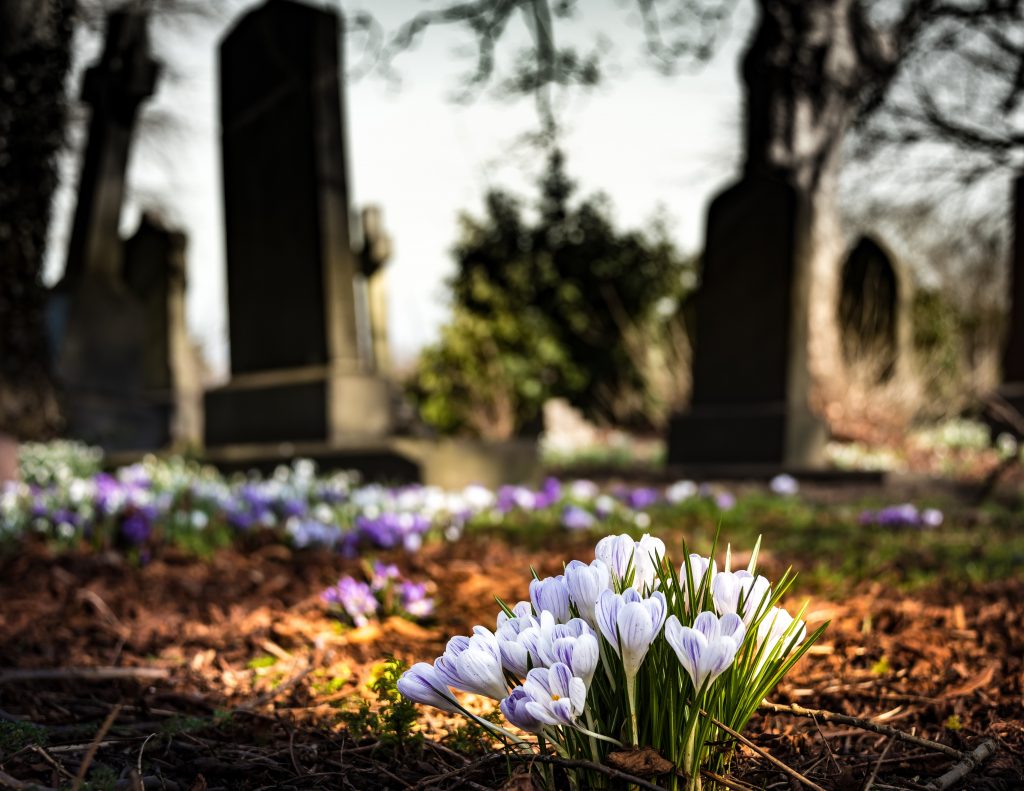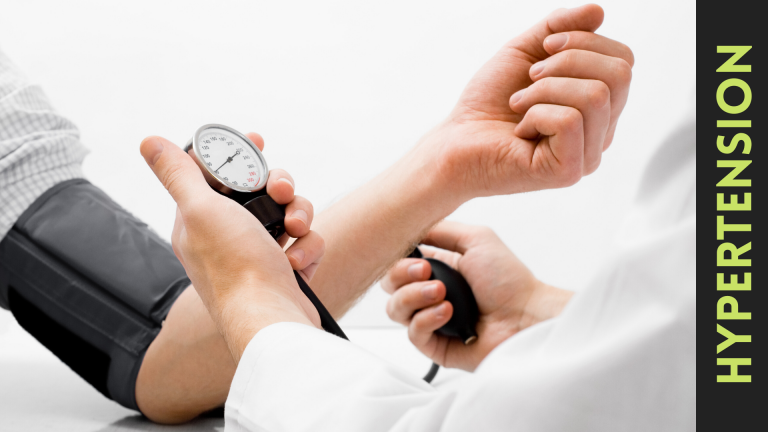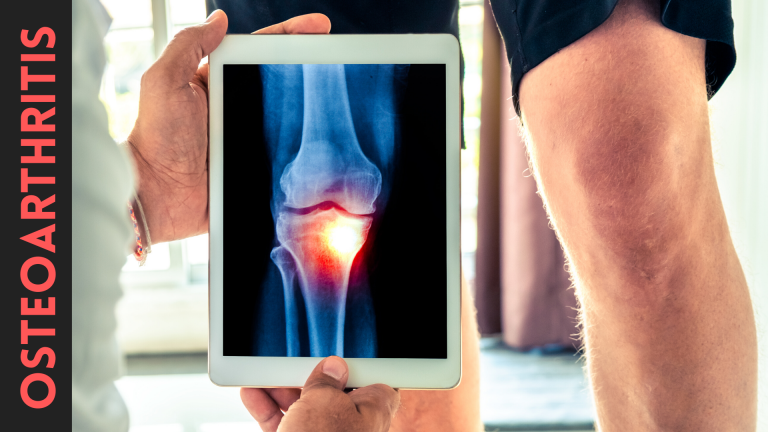If you are visiting this page because a loved one has passed away, I feel for your loss and would like to express my condolences to you and your family. I hope you will find this article helpful.
Certificate of Cause of Death (CCOD)
If death occurs at home, we can get a doctor to certify the cause of death. We can also call the police for the body to be sent to Mortuary@HSA, which is located at Block 9 in SGH. The family will be notified by the police when to go down to HSA.
If death occurs in the hospital, the hospital doctor can certify the cause of death. If cause of death can be certified and is natural, CCOD can be issued on the spot. If cause of death can’t be certified, the police will send the body to Mortuary@HSA.
At the Mortuary@HSA, the police investigator will arrange for us to identify the body in the presence of the coroner. And the coroner will review and decide if autopsy is required. If it’s not necessary, we can claim the body after completing necessary documents and CCOD will be issued. And death will be registered and death certificate will be issued within hours.
Register the Death
If the body has been sent to the Mortuary@HSA, death would have been registered. If CCOD is obtained from the hospital, we have to register the death at any Police Divisional Headquarters, Neighbourhood Police Centre, Neighbourhood Police Post or at the Registry of Births and Deaths in located on the third floor of the ICA building. And by Singapore law, all deaths occurring in Singapore must be registered within 24 hours of occurrence.
Engaging a Funeral Director
After collecting the CCOD, we should engage a funeral director. (https://afd.org.sg/for-the-public/finding-a-funeral-director-2/) For Christian, Catholic, Taoist and Buddhist funeral, the funeral director will collect the body from the mortuary and send the body for embalming and deliver the body to the location of the wake. The wake is usually held at the funeral parlour, HDB void deck or at home. The funeral director will also assist in getting the permit to hold the wake. If it’s at the void deck we need to obtain a permit from the Town Council and if it’s part of the road when holding it on a landed property, we need to get a permit from the Traffic Police. The funeral director will need a photo of the deceased and a set of clothes and shoes for the wake. He will also advise on the customs for the different religions and provide us with packages to choose from.
However, Singaporean Chinese, Irregardless of religion, will follow certain traditions. For example, holding 3 to 7 days wake and the number of days of the wake is an odd number and it’s followed by the Chinese Christians. The odd number of days actually signifies the incomplete cycle of life and the hope of reincarnation. However, Christianity doesn’t believe in reincarnation because most people just follow the custom and don’t even know the reason behind it.
For Muslim and Hindu funerals, the deceased must be cremated as soon as possible, preferably within 24 hours of their death. Therefore, arrangements for a wake is not required.
Placing Obituary
An obituary can be placed on the local newspaper in memory of the deceased or to inform long lost friends and relatives about the venue and time of the wake and funeral of the deceased. Have you realised that the older folks tend to scan the obituary page of the newspaper? Remember to bring along death certificate and NRIC if you are the one placing the obituary.
Burial or Cremation?
The Choa Chu Kang Cemetery Complex is the only option for burial in Singapore. And most will choose the cremation option.
There are 3 crematoria in Singapore, one government-managed crematorium located at Mandai; which is the Mandai Crematorium and Columbarium Complex. And 2 private-managed ones. One is Kong Meng San Phor Kark See Monastery and the other is Tse Toh Aum Temple.
Home, Columbarium or Sea burial
After cremation, most of us will feel a sense of relief especially after the intense emotions during the cremation process. The ashes of the deceased is collected the following day and may be stored at home, government-managed columbaria, private columbaria or scattered at sea. The Maritime Port Authority (MPA) has designated a site about 2.8km south of Pulau Semakau where sea burial may be conducted.
Financial matters
Banks
Notify the deceased’s bank, especially if there are mortgage payments and giro deductions from the bank account. Safe deposit boxes in banks will also be canceled after items inside is taken out.
Insurance
Process insurance claim through the family Insurance agent or directly with the insurance company. And death claim will be paid to the beneficiaries.
Dependent Protection Scheme (DPS)
DPS is administered by two appointed insurance companies, NTUC Income and Great Eastern Life. Any claim submission is direct to the company and not through CPF board.
Home Protection Scheme (HPS)
HPS can be claimed if deceased has an outstanding housing loan. Claim can be made by logging in with Singpass on CPF website.
Bills
Inform all banks where the deceased hold a credit card. The card will be cancelled after outstanding is paid. But most credit cards have an insurance arrangement unless we opt-out before. If it is not opt-out, outstanding bills will be cleared by the insurance.
Utilities such as handphone bills, electricity and water bills should also be cancelled.
CPF Withdrawal
CPF savings will be distributed upon the death of a CPF member. If a CPF nomination is made, it will be distributed to the nominees in the stated proportion. If no nomination is made, CPF savings will be forwarded to the Public Trustee for distribution in accordance with Singapore intestacy laws or inheritance certificate (for Muslims) in Singapore.
For a deceased Singapore citizen or permanent resident, CPF would be notified by relevant public agency automatically. Whereas for a foreigner with a CPF account, manual reporting at CPF service center has to be made.
In summary, most of the funeral matters are assisted by the funeral director. But for financial matters after death, most of it has to be prepared in advance. Like having a will, CPF nominations and having a profile of insurance and assets. If all these have been prepared, our family will have less problems to handle after our death.



